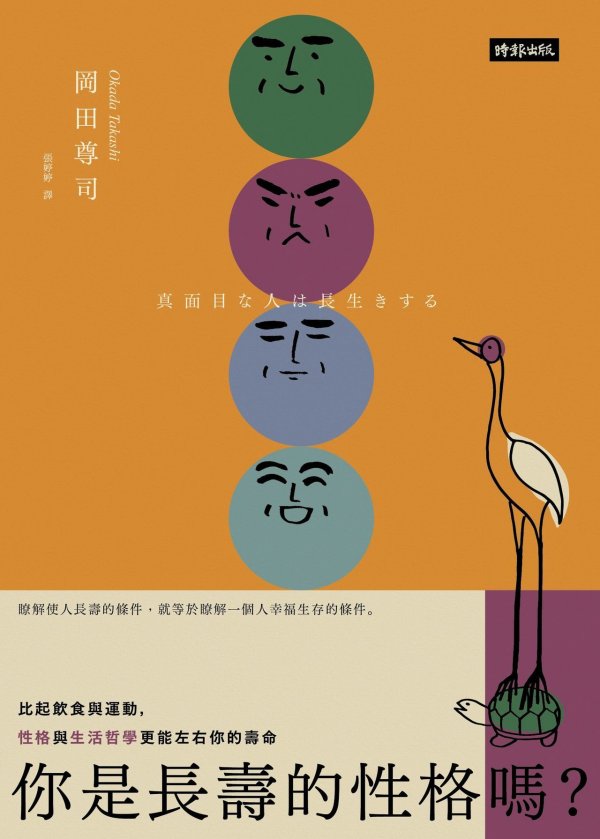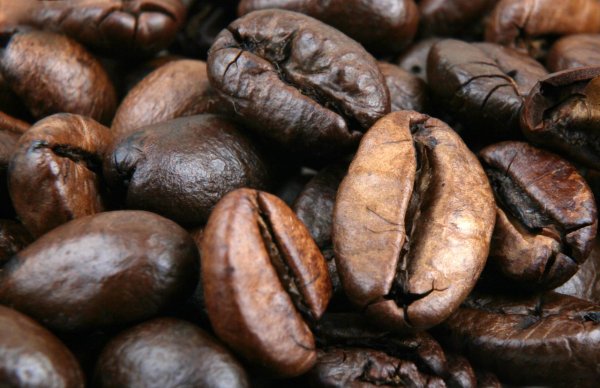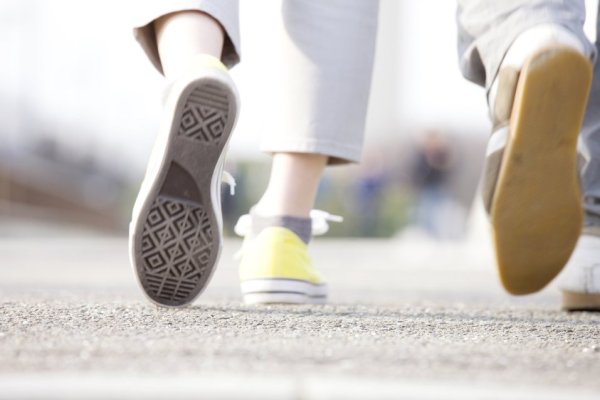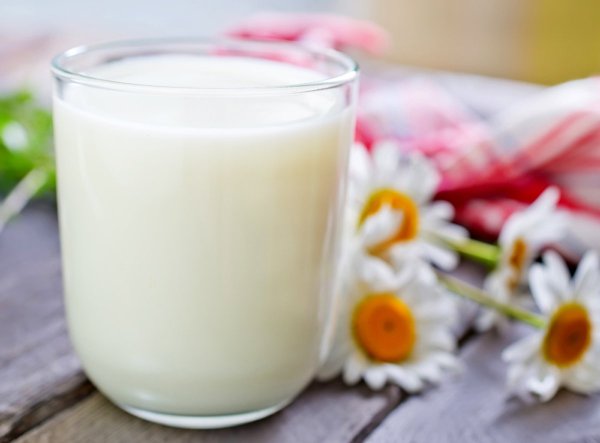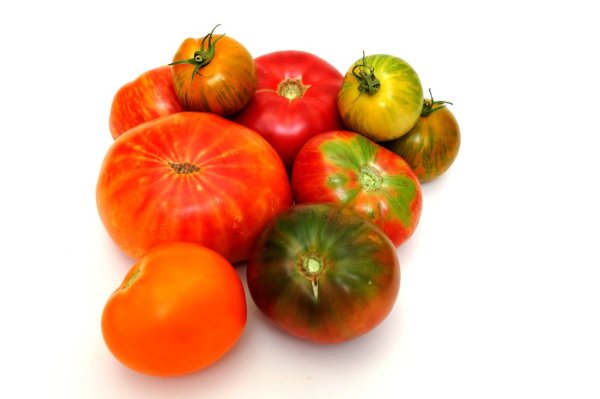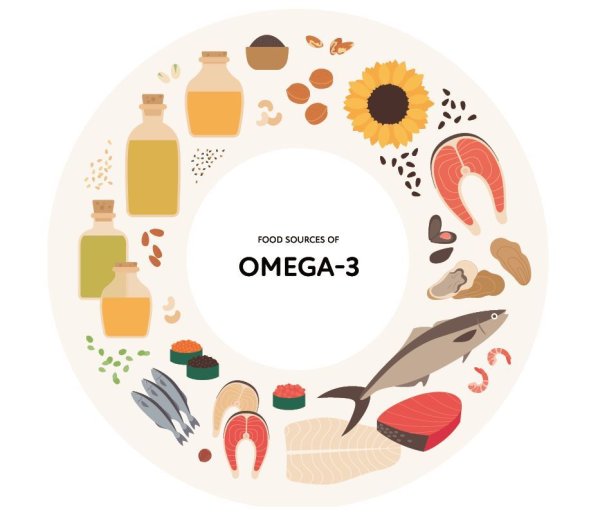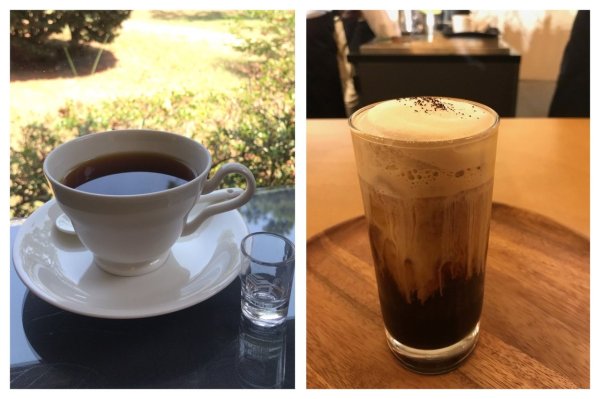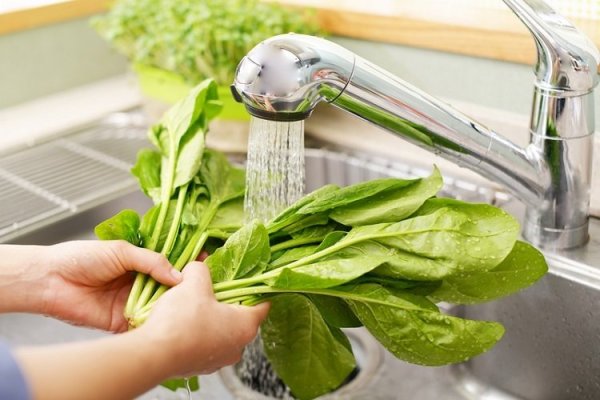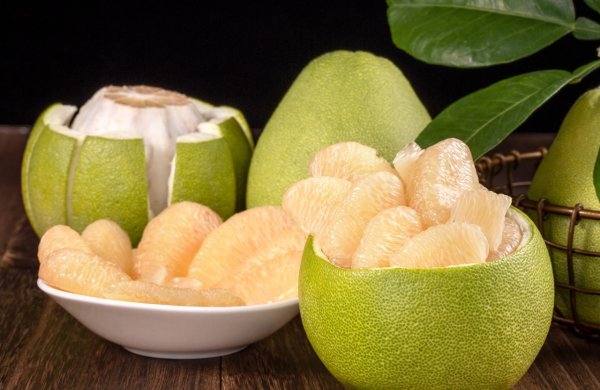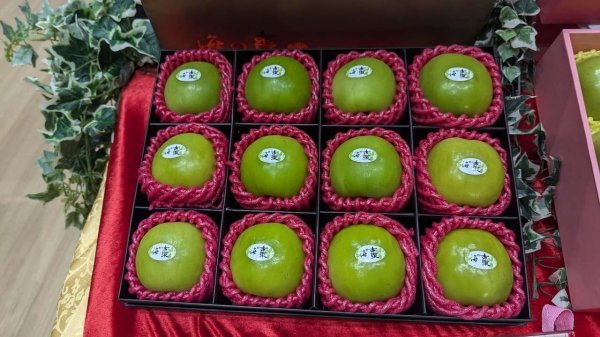Drinking tea can help prolong aging. Research shows that drinking this much anti-aging effect every day is the most significant
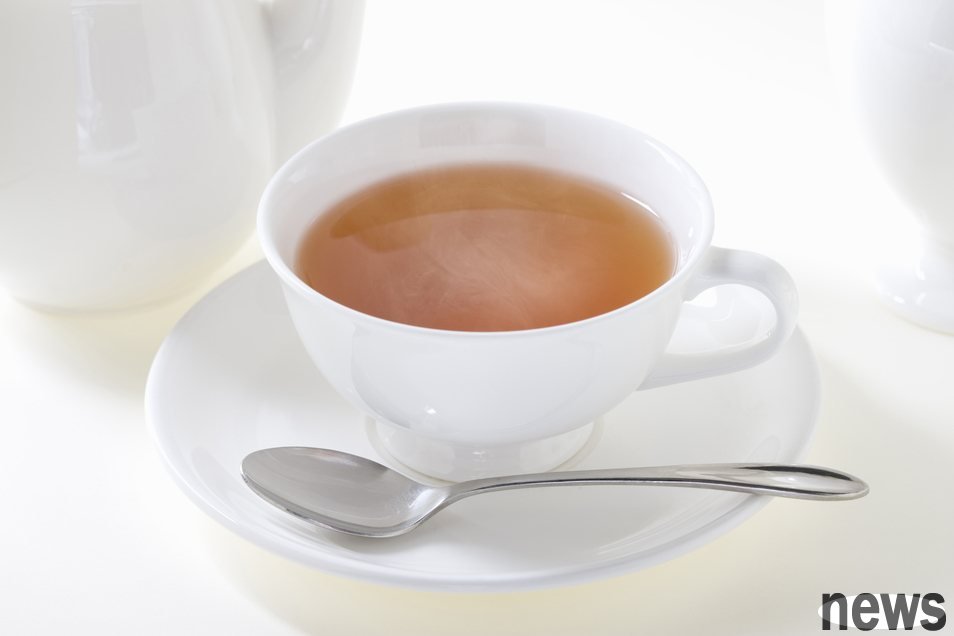
Health experts discovered the secrets of tea and anti-aging, which is good news for Chinese who like to drink tea. According to New York Post, a study published by Sichuan University in China recently published in the medical journal The Lancet Regional Health - Western Pacific pointed out that drinking three cups of tea a day can prolong life.
The researchers looked at the drinking habits of 5,998 British people aged 37 to 73, and 7,931 Chinese people aged 30 to 79; asked them about red tea, green tea, yellow tea or uron tea, and how many cups they drank per day. In addition, each participant's lipid rate, calculator and blood pressure were calculated to calculate their physiological age.
Due to perceptual research, researchers cannot prove the causal relationship between drinking tea and prolonging physiological aging; however, people who are ill of drinking tea still show a slower aging rate. Most of these people are men, who drink alcohol but maintain a healthy diet and experience less anxiety and insomnia.
Researchers pointed out that drinking about three cups of tea or six to eight grams of tea leaves a day brings the most significant anti-aging effects. They concluded that among tea drinkers, appropriate drinks have the best anti-aging benefits; studies have also shown that those who stop drinking will have aging degree.
Researchers believe that the biologically active substance polyphenols contained in tea can regulate the microbiome of the brain and play a role in the immune system, verified and cognitive functions. In terms of animal experiments, a polyphenol ketone (flavonoids) rich in tea can prolong the lives of worms, fleas and mice.
They said that more and more studies have found that drinking tea can prevent cardiovascular disease, diabetes, dementia and certain cancers and can reduce the risk of death. These evidences give people reason to believe that drinking tea can delay the physiological aging process.
Scientists have not studied whether a certain tea can resist aging more than other teas, but they found that there is no difference in quality between Chinese and British drinkers, and the temperature of the tea is not different.
Responsible editor: Gu Zihuan


